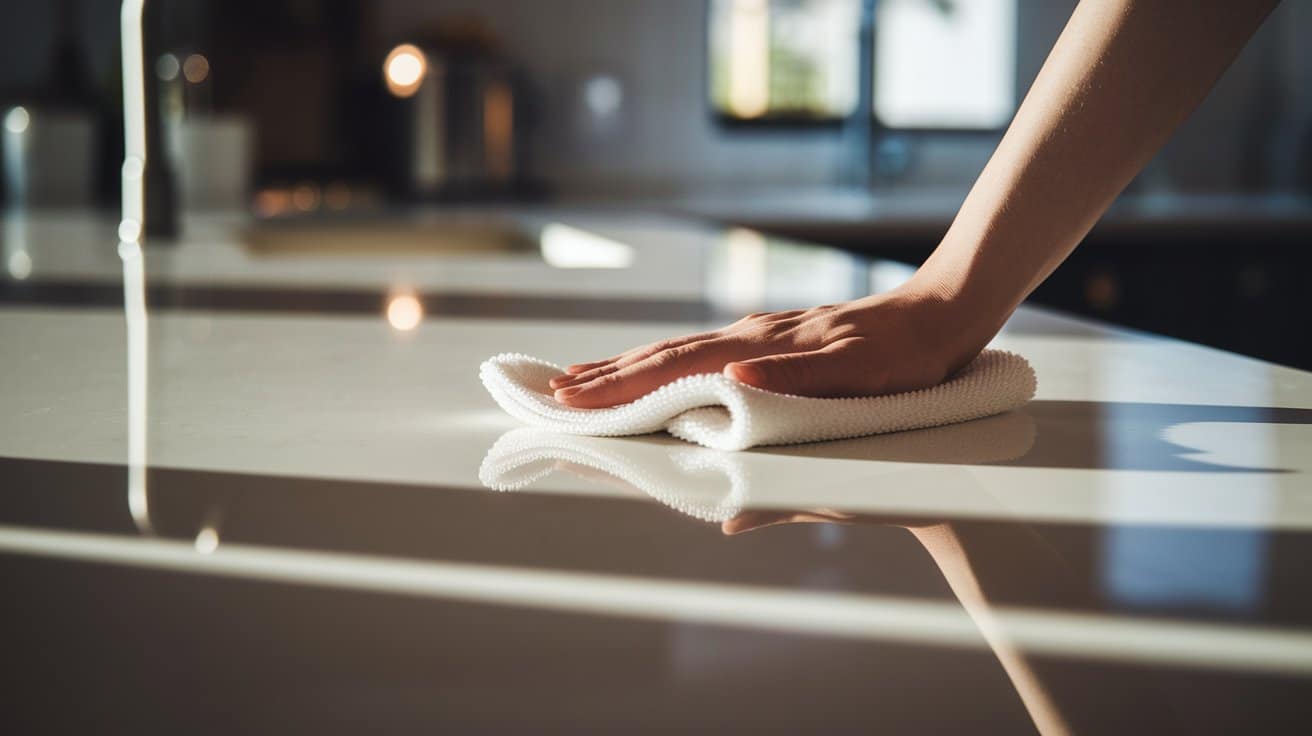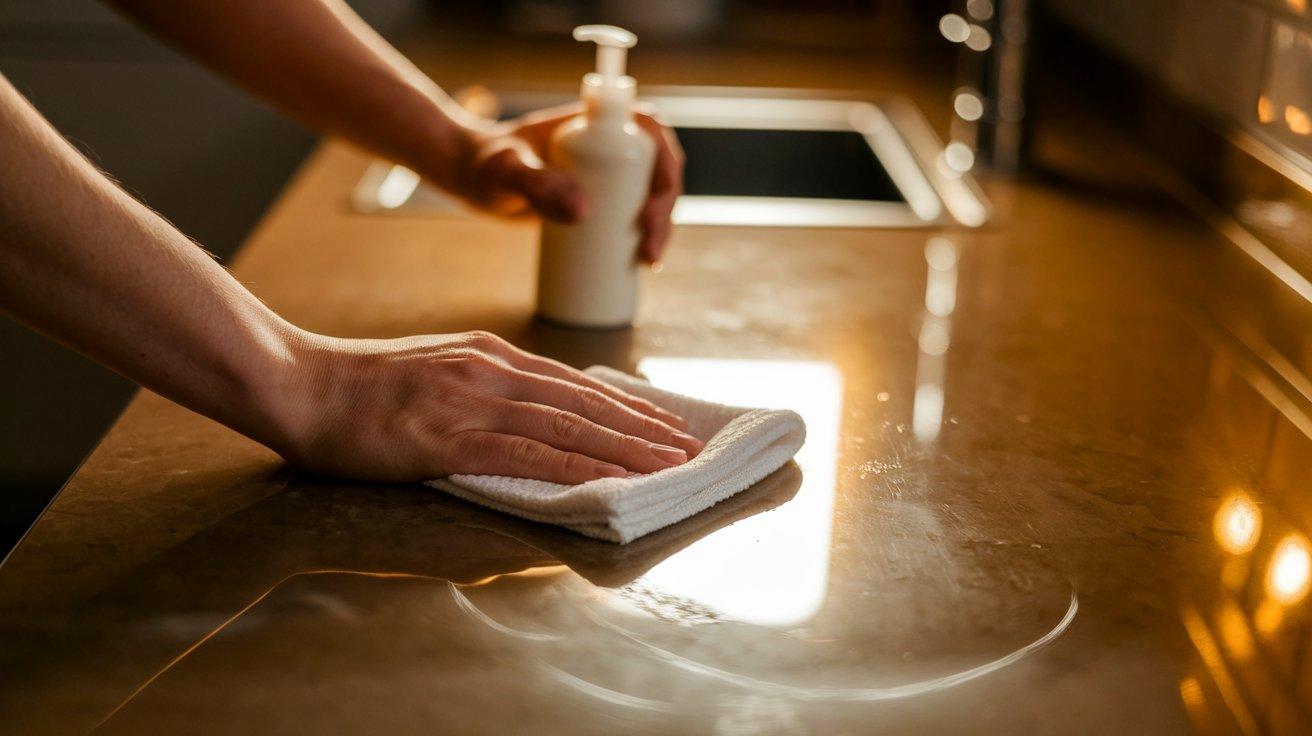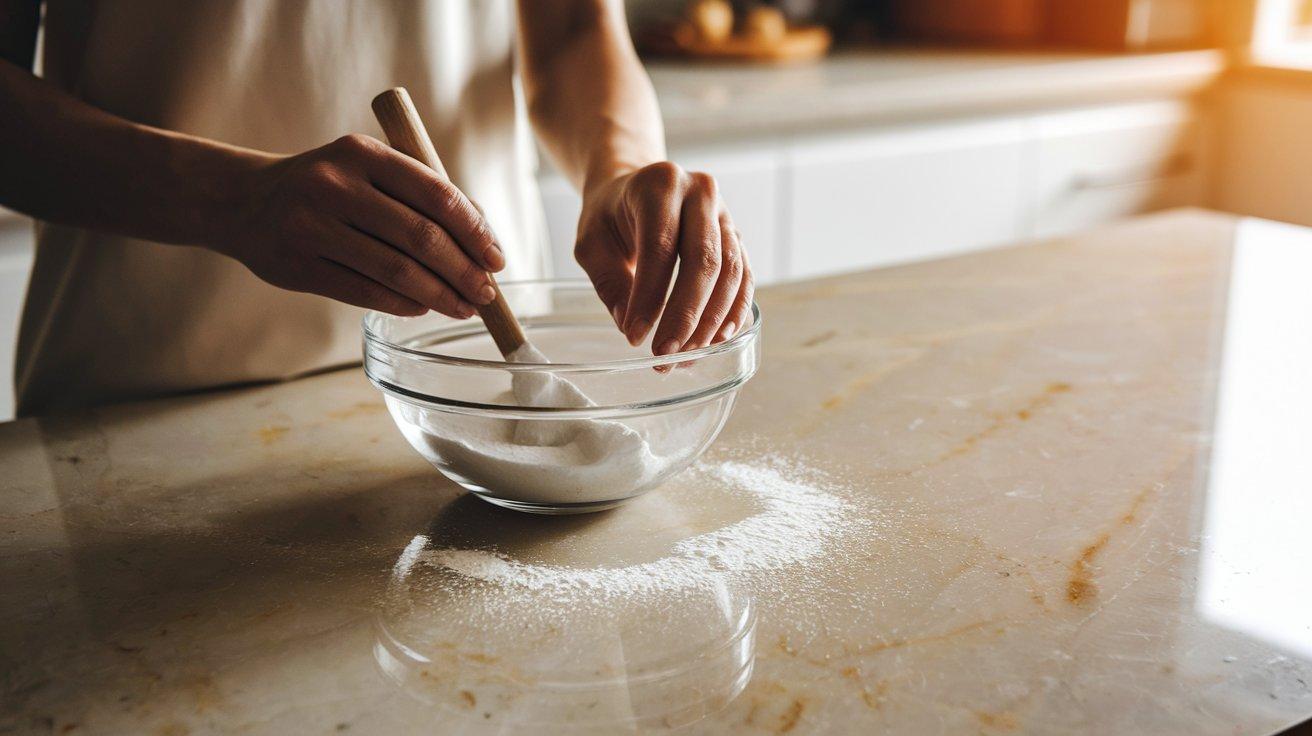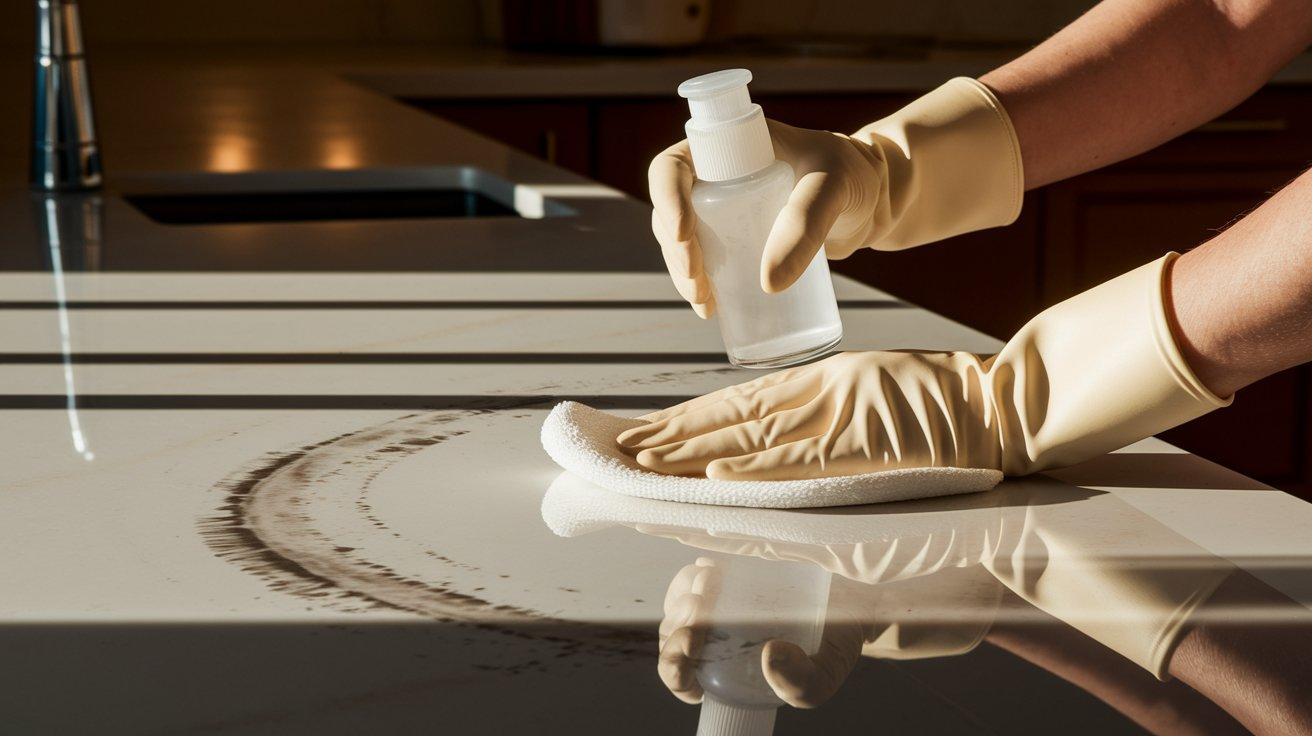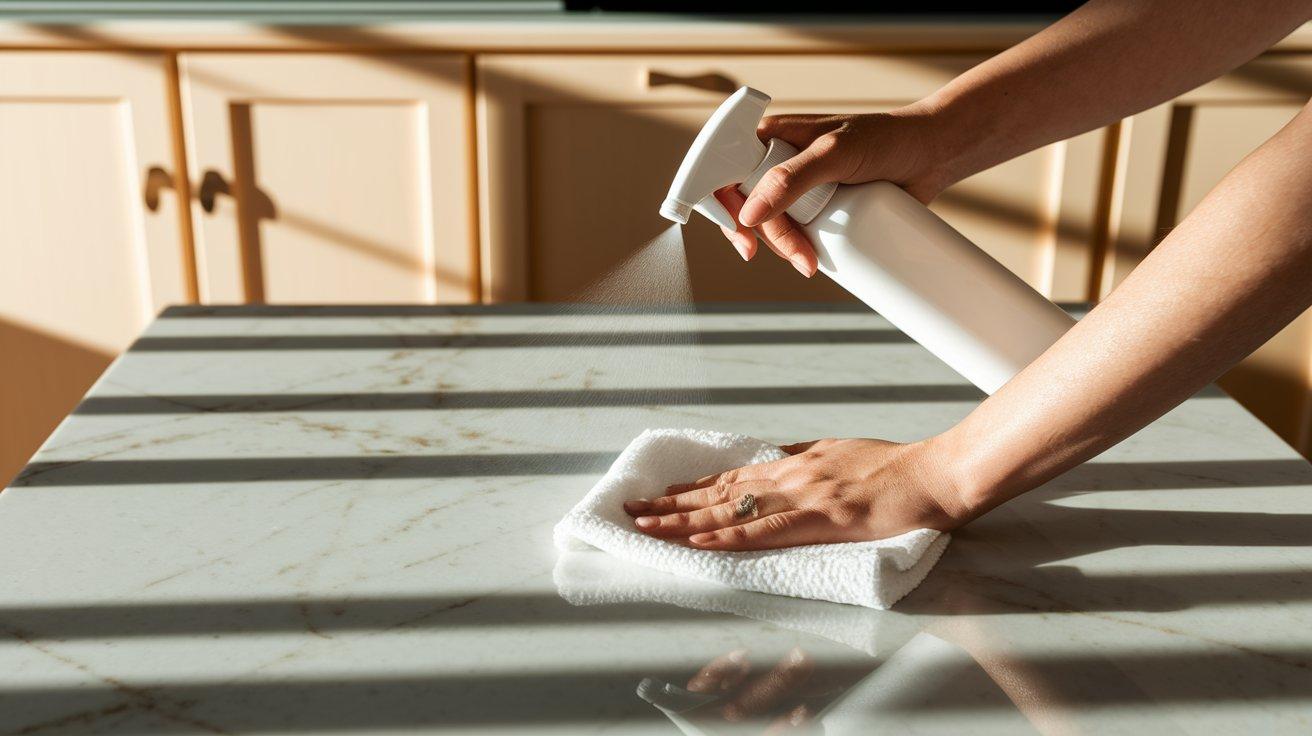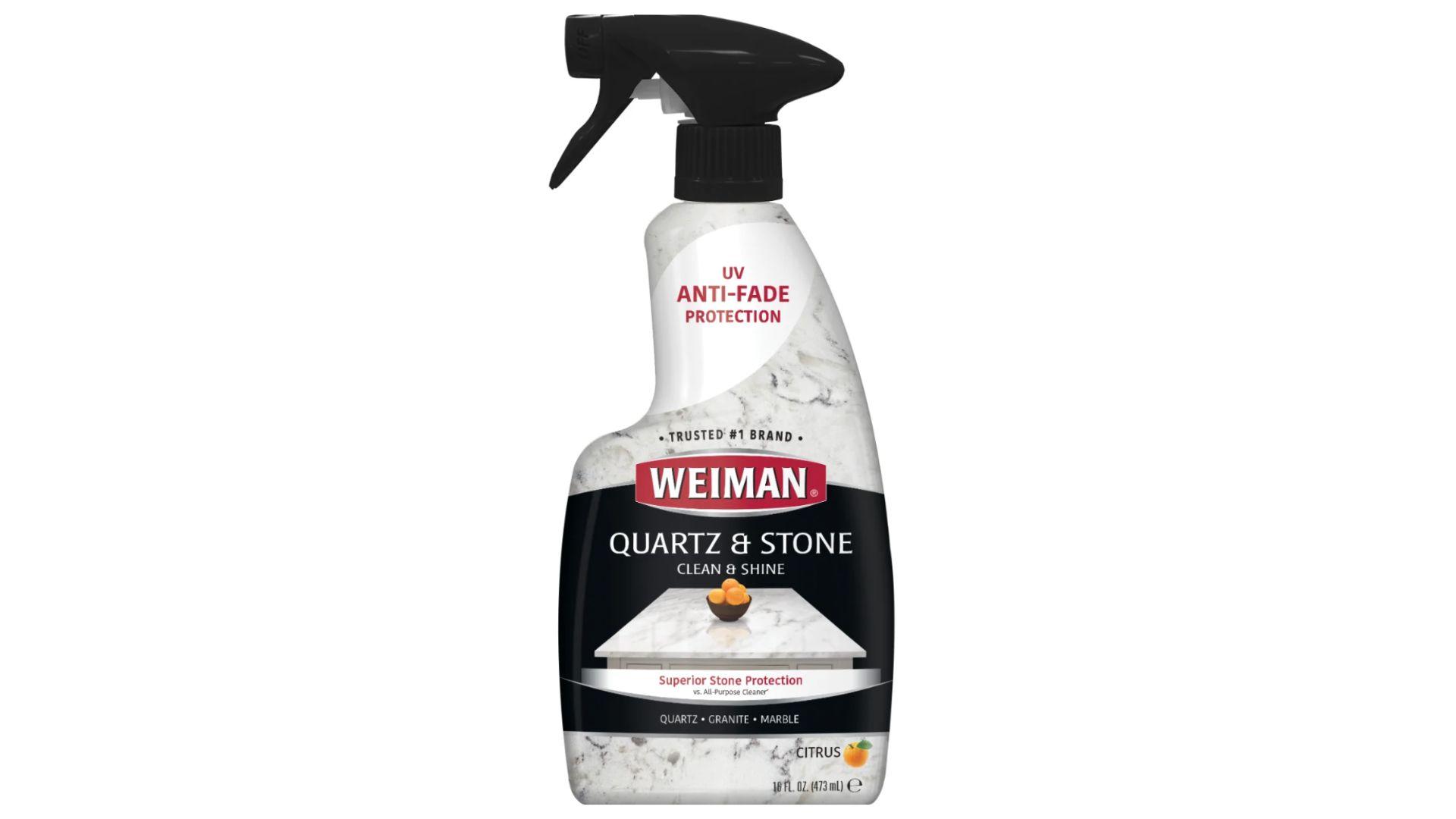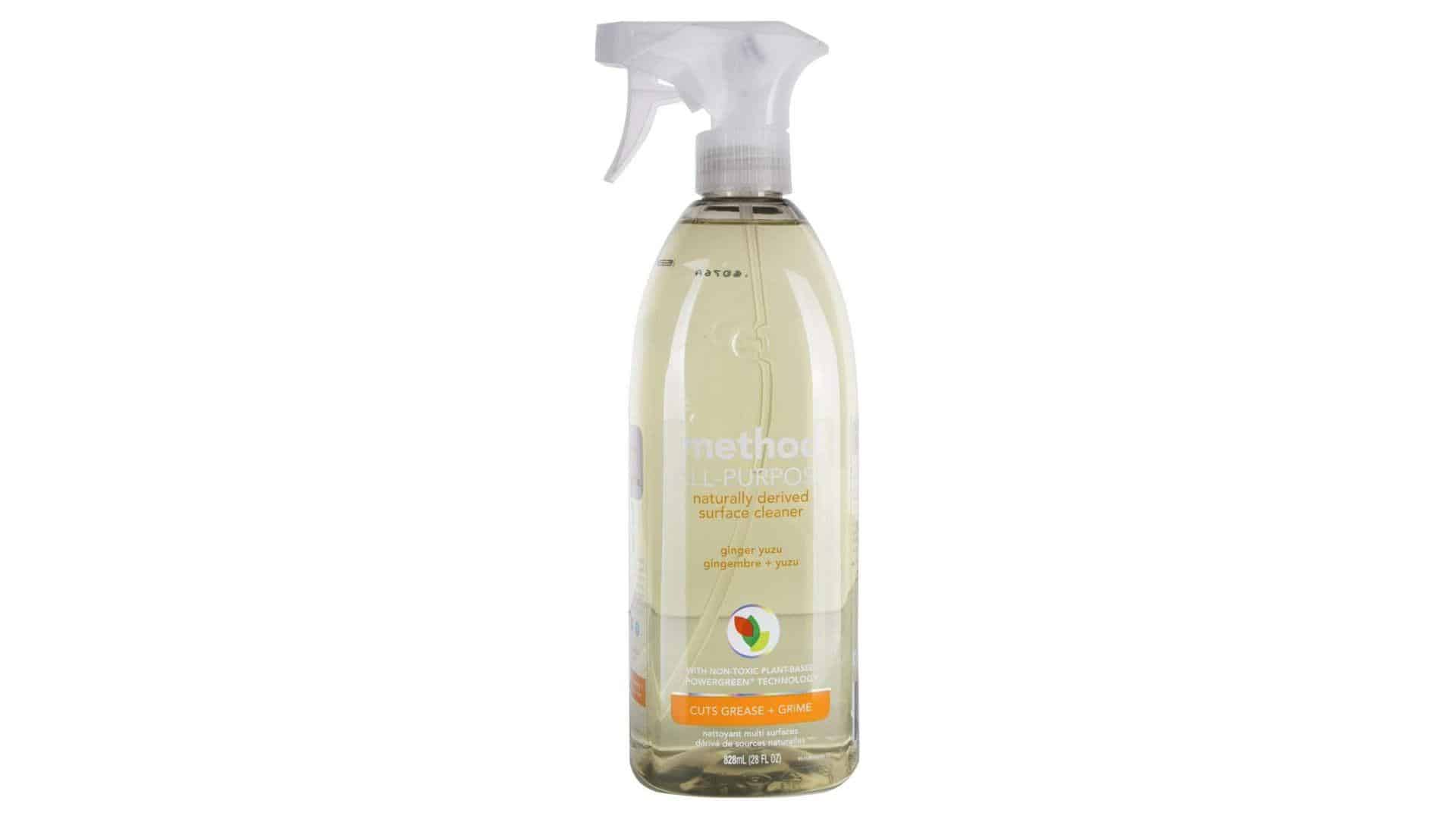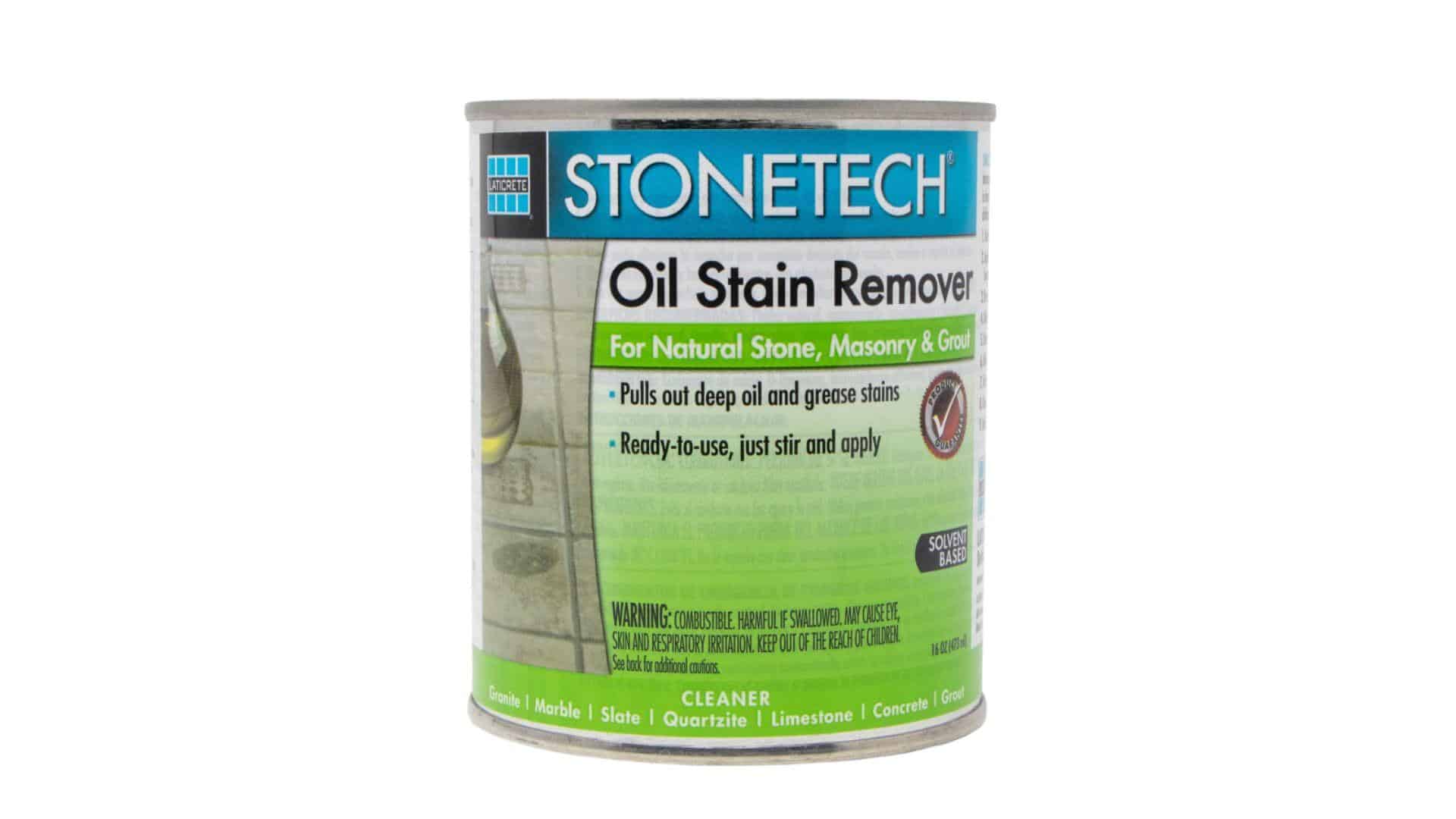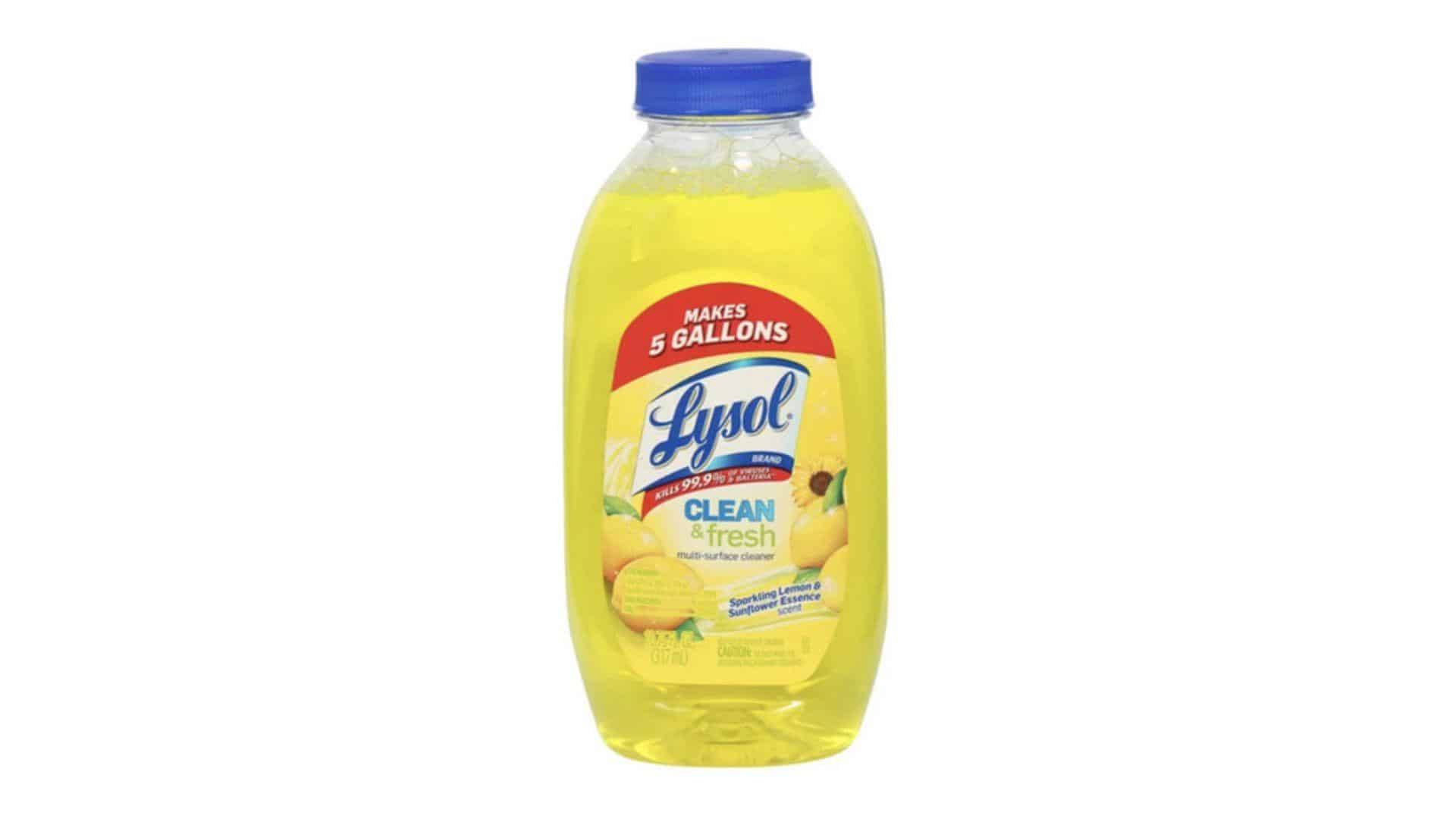Have you ever spilled red wine on your beautiful quartz countertop and felt your heart sink?
Stains on quartz surfaces can feel overwhelming, especially when you’ve invested in premium countertops.
While quartz countertops resist most stains better than natural stone, certain spills can still leave marks if not handled quickly. Coffee rings, grease spots, and berry stains are common issues many homeowners face.
The good news is that removing stains from quartz is often simpler than it seems. Most stains can be removed using common household items you probably already have at home.
This blog will show you exactly how to remove stains from quartz countertops using proven methods that work every time.
What Is Quartz?
Quartz countertops are engineered surfaces made from crushed quartz crystals mixed with polymer resins and pigments. This combination creates a non-porous surface that’s harder than granite.
The manufacturing process binds about 90-95% quartz crystals with 5-10% polymer resins under intense heat and pressure. This creates a dense, uniform surface that resists stains better than natural stone.
Unlike natural stone countertops, quartz doesn’t require sealing because of its non-porous nature. The resin binders fill microscopic gaps, creating a smooth surface that liquids cannot penetrate easily.
Key Properties of Quartz Countertops:
- A non-porous surface prevents liquid absorption
- Consistent color and pattern throughout
- Heat resistant up to 150°F
- Scratch resistant but not scratch-proof
- Easy to clean with basic maintenance
Why Quartz Gets Stained & Common Stain Types?
Stains occur on quartz when certain substances sit on the surface for extended periods or when acidic materials break down the resin binders. While quartz resists most stains, some materials can still cause discoloration.
The polymer resins in quartz can react with certain chemicals, causing temporary or permanent discoloration. Heat damage can also create white marks that look like stains.
Most Common Stain Types:
- Organic Stains: Coffee, tea, wine, fruit juices, and berries leave colored marks that penetrate surface resins.
- Oil-Based Stains: Cooking oils, butter, salad dressings, and greasy foods create dark spots that absorb into the surface.
- Chemical Stains: Nail polish, permanent markers, hair dye, and certain cleaning products cause discoloration through chemical reactions.
- Heat Stains: Hot pans or appliances create white or light-colored marks where resins get damaged.
- Hard Water Stains: Mineral deposits from water create cloudy films or white spots on the surface.
Effective Methods to Remove Stains from Quartz Countertops
The key to successful stain removal is choosing the right method for your specific stain type. Start with gentler approaches before moving to stronger solutions. Always test any cleaning method on a hidden area first to avoid damage.
1. Mild Soap and Warm Water
Why It Works: Mild soap and warm water create a gentle cleaning solution that lifts surface stains without damaging the quartz finish. This method removes most fresh spills before they set.
How to Use:
- Mix 2-3 drops of dish soap in 1 cup of warm water
- Dampen a soft cloth with the solution
- Gently wipe the stained area in circular motions
- Rinse with clean water and dry immediately
- Repeat if needed for stubborn spots
Best For: Ideal for fresh stains and light food-related marks.
2. Baking Soda Paste
Why It Works: Baking soda absorbs oils and grease while providing mild abrasive action. It draws oil out of surface pores without scratching the quartz finish.
How to Use:
- Mix 3 parts baking soda with 1 part water to form a thick paste
- Apply the paste directly to the oil stain
- Cover with plastic wrap and let sit for 24 hours
- Remove plastic and scrape off paste with a plastic scraper
- Rinse thoroughly with warm water and dry
Best For: Excellent for greasy or oil-based organic stains like those from food spills.
3. Hydrogen Peroxide Solution
Why It Works: Hydrogen peroxide breaks down organic compounds that cause color stains. It acts as a mild bleaching agent that lifts deep-set organic stains safely.
How to Use:
- Pour 3% hydrogen peroxide directly on the stain
- Let it sit for 10-15 minutes (no longer than to avoid damage.
- Gently scrub with a soft-bristled brush
- Rinse thoroughly with clean water
- Dry completely with a soft cloth
Best For: Works well on deep-set stains from berries or wine.
4. Rubbing Alcohol and Dish Soap
Why It Works: Rubbing alcohol dissolves ink and dye compounds effectively. Combined with dish soap, it lifts stains while protecting the quartz surface from damage.
How to Use:
- Mix equal parts rubbing alcohol (70% isopropyl) and liquid dish soap
- Apply the mixture to the stained area with a soft cloth
- Let the solution sit for 5-10 minutes
- Gently scrub in circular motions
- Rinse with warm water and dry immediately
Best For: Pen marks, permanent marker stains, hair dye spots, and makeup stains.
5. Commercial Quartz Cleaner
Why It Works: Commercial cleaners contain specialized ingredients designed specifically for engineered stone. They tackle tough stains while maintaining the surface integrity and shine.
How to Use:
- Spray cleaner directly on the stained area
- Follow the manufacturer’s instructions for contact time
- Wipe with a microfiber cloth in straight lines
- Rinse if required by product instructions
- Buff dry for a streak-free finish
Best For: Set-in stains, multiple stain types, regular maintenance, and professional-level cleaning.
4 Best Cleaning Products for Quartz Countertops
Selecting the right cleaning products helps remove stains faster while keeping your countertops safe from damage. These proven products are specifically made for quartz surfaces and deliver consistent results.
1. Weiman Quartz Cleaner and Polish
This pH-balanced formula removes stains while adding a protective layer to your countertop. The cleaner restores shine and prevents future water spots and stains from setting. It’s gentle enough for daily use yet strong enough to handle tough marks.
2. Method All-Purpose Natural Surface Cleaner
Plant-based ingredients make this cleaner safe for regular use on quartz surfaces. The formula cuts through grease and grime without leaving harsh chemical residues. It works well for daily maintenance and light stain removal.
3. StoneTech Professional Oil Stain Remover
This professional-grade formula targets stubborn oil stains that household cleaners can’t handle. The concentrated solution penetrates deep into surface pores to lift embedded grease and oil. One application often removes stains that have been sitting for weeks.
4. Lysol Clean and Fresh Multi-Surface Cleaner
This cleaner combines stain removal with germ-killing power for kitchen countertops. The formula is safe for quartz when used properly and leaves surfaces sanitized. It works especially well for food-related stains and daily cleaning.
Disclaimer: The products mentioned in this blog are based solely on users experience and are not sponsored or affiliated with any brands.
Preventive Measures to Protect Quartz Countertops
Prevention is always better than stain removal. These simple steps will keep the quartz countertops looking new and reduce the need for intensive cleaning.
Simple Daily Habits to Protect Quartz
- Wipe spills immediately – Clean up coffee, wine, and cooking liquids as soon as they happen.
- Use cutting boards always – Never cut directly on quartz to prevent scratches and stains.
- Place hot items on trivets – Protect from heat damage that can cause permanent white marks.
- Clean with pH-neutral products – Avoid acidic or alkaline cleaners that can damage resins.
- Dry surfaces after cleaning – Prevent water spots and mineral buildup from hard water.
- Use coasters for drinks – Prevent rings from glasses and bottles, especially with citrus drinks.
Conclusion
Removing stains from quartz countertops doesn’t have to be a stressful experience. Most stains come out easily with common household items and the right technique.
Start with gentle methods like soap and water before trying stronger solutions. Remember that quick action prevents most stains from setting permanently.
The key is understanding what type of stain you’re dealing with and choosing the appropriate removal method. Fresh stains are always easier to remove than old ones.
With proper care and immediate attention to spills, your quartz countertops will maintain their beauty for years.
What’s your experience with quartz countertop stains? Share your cleaning tips or questions in the comments below!
Frequently Asked Questions
Why Does My Quartz Have Dull Spots?
Dull spots come from cleaning product buildup, hard water minerals, or damage from rough scrubbing. Strong-colored foods like coffee, wine, and tomato sauce can also cause discoloration.
Can You Fix Discolored Quartz Countertops?
Yes, use non-abrasive quartz cleaners for light stains. For tougher marks, apply baking soda paste gently, let sit briefly, then rinse thoroughly with clean water.
How to Remove Oxidation from Quartz?
Mix equal parts baking soda and water into a thick paste. Apply to oxidation spots with a soft cloth, rub gently in circles, then rinse completely with warm water.

